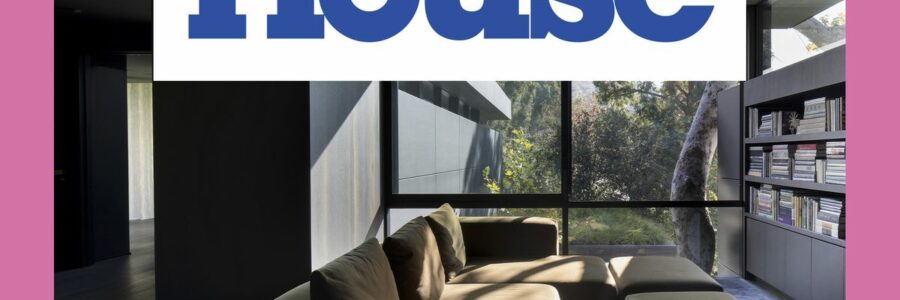
Smart Home Gadgets Are Not the Future
Want to live richly in the year ahead? Sign up here for our newsletter featuring the best of Bloomberg Pursuits, delivered weekly.
The pandemic has been a catalyst for home improvement, and one throughline in almost every update planned for 2021, architects and decorators say, is a sharp demarcation between work and relaxation spaces.
“People want their offices to be offices, and their playrooms to be playrooms,” says Damian Samora, a principal atFerguson & Shamamian Architects in New York. “The make-or-break post-Covid is people being able to spiritually and mentally survive by having their personal life and unplugging.”
That can mean leaving tech in the home office, though it runs counter to trends companies have been flogging for years. Smart appliances have become omnipresent: Miele makes a Wi-Fi-enabled dishwasher; a line of LG washing machines comes with an app that lets you do laundry remotely; Samsung’s new app-connected AI-powered vacuum cleaner has sensors that can distinguish between a chair leg and a toy.
But Enrique Vela, the director of interiors atOlson Kundig Architects in Seattle, hasn’t seen his homebound clients clamoring for more technology. “Before, everyone wanted the Nest thermostat, or to be able to lower your blinds, and open your door, and unlock everything” with your phone, he says. But “in the last couple of projects we’ve been working on, integration of tech hasn’t come up as something that’s in the foreground. What’s come up most is accessibility and approachability.”
Utility and ease—and any excuse to avoid looking at your phone even more—could outpace novelty this year. “People are more aware and more interested in their environment,” saysAnnabelle Selldorf, the founder of New York’sSelldorf Architects. “You can have the most beautiful kitchen in the world, but if you don’t know how to operate the steam oven, or what have you, it doesn’t matter.”
Once the Wi-Fi is set up, even the focus of a home office is rarely about the technology itself. Interior designerSteven Gambrel recounts that, during a recent renovation of a house in East Hampton, N.Y., one owner was preoccupied by the wall behind his desk—what people on Zoom calls would see. After dismissing a big polished paneled room (too stodgy), an important painting (too garish), and family portraits (too invasive), he settled on a bookshelf.
Concerns such as videoconference backgrounds might feel temporary, but architects say the changes we see in 2021, dictated by the habits formed in 2020, will stick for years. “This experience is going to stay in people’s memories for a long time,” says Ron Radziner, a design partner atMarmol Radziner, which has offices on both coasts. “There’s a little bit of this fear that ‘Hey, this can happen again, and I want to be ready.’ ”
Source: Read Full Article